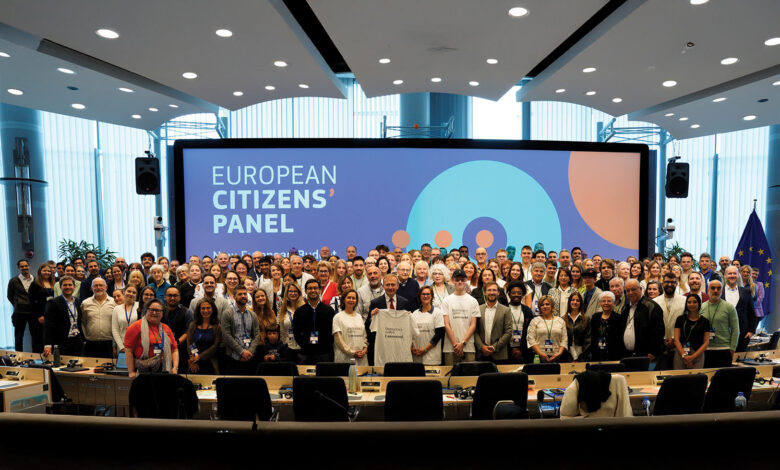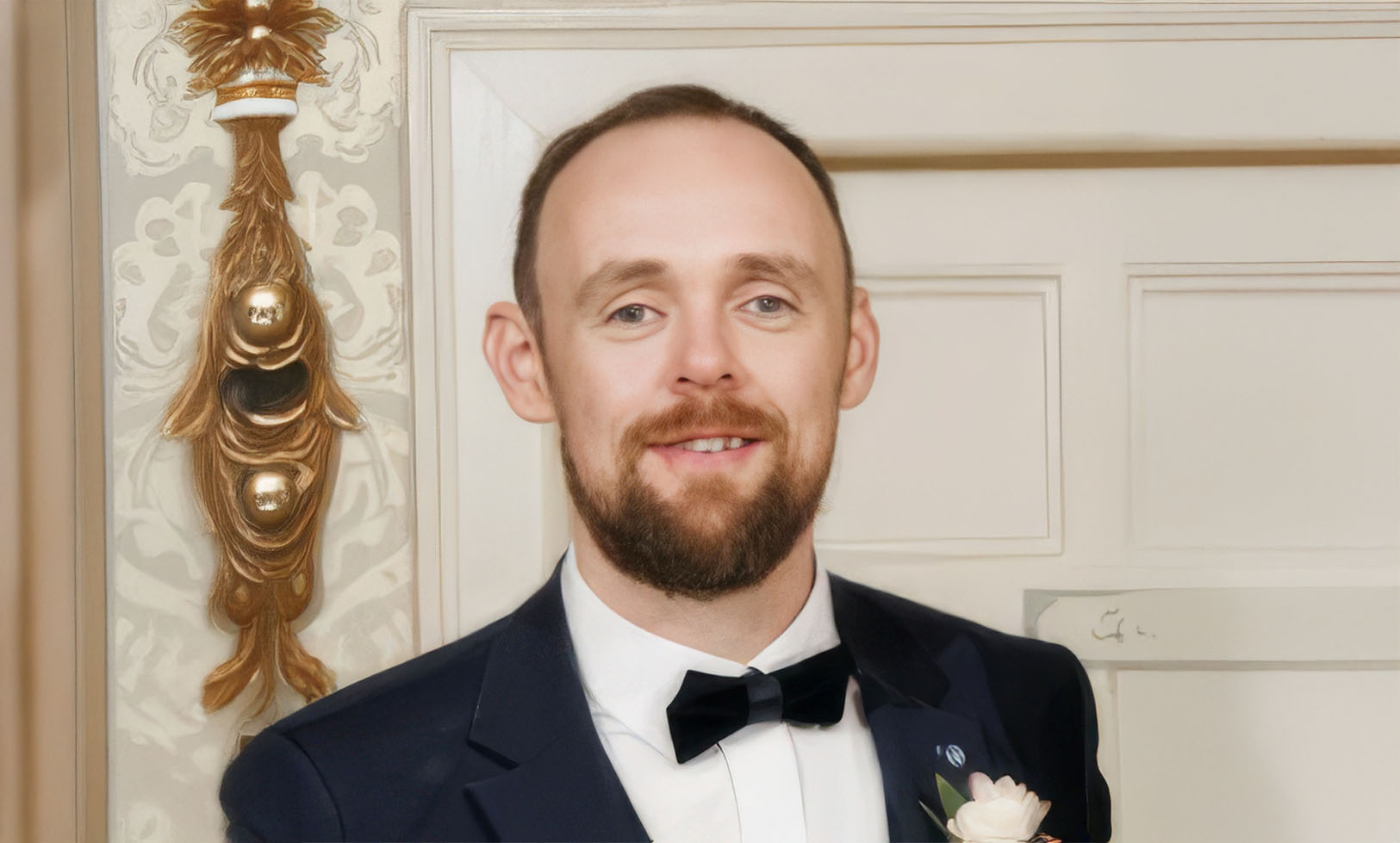European Citizens’ Panel on the new EU long-term budget: An Irish citizen’s perspective

In May 2025, a panel of 150 randomly selected citizens from each of the EU’s 27 member states agreed on a final set of 22 recommendations for a sustainable and flexible long-term EU budget. One of Ireland’s three panellists, Martin McKenna – a global marketing programme manager from County Meath – writes about his experience.
If you were to ask me in January 2025 what my perception of the EU was, I would veer more on the side of pessimism than anything else. I would have suggested that it has more power in Ireland than the Irish Government itself, which is no good thing. On the other hand, I have benefited greatly from the perks of EU membership having spent over three years living and working in another EU member state. Many others in Ireland have also benefited from European citizenship for a variety of reasons. Since the UK voted itself out however, it has felt like the Union has been at a crossroads, on the verge of a full-blown identity crisis in terms of defining its raison d’être.

In recent times, the EU has sought to inform its policies by bolstering citizen engagement via European Citizens Panels. Previous panels have been formed to tackle challenges such as sustainable energy and improving societal integration. The most recently concluded panel was tasked with quite a broad objective; to provide citizens’ recommendations for the next EU budgetary cycle beginning in 2027. 150 people from all 27 member states would come together to determine how “we the people” feel €2 trillion should be spent by the EU – simple!
For me it all started with a knock on the door in mid-February 2025. The EU had hired local representatives in each member state to go door-to-door to find willing participants. After completing an online application form and several Zoom calls to reassure me that I was not being scammed, I was off on a plane to Brussels. I had been randomly selected as one of three Irish participants.
Joining me on the flight were a fifth-year student from Dublin (chaperoned by his father) and a retired prison officer from the midlands. Ostensibly, a representative cross-section of Irish society, and a sample of things to come.
The panel would take place over three weekends, one in-person meeting in late March, one remote meeting in late April, and a final in-person session in mid-May. The first weekend would see us working on defining key principles that should guide the citizens’ recommendations. The second weekend would see the group drafting initial recommendations. The final weekend would see us refining and prioritising our recommendations.
One day one, the approach taken was to provide the entire group with as much context as possible through the ‘Knowledge Committee’: a cohort of experienced EU policy experts, lecturers, and researchers. On the second day we were split into 12 individual focus groups to dive deeper into topics and allow citizens a greater voice on issues such as healthcare, defence, education, and immigration. The final day would see the groups reconvening to share the outcomes of the focus groups. During all sessions we were accompanied by interpreters providing real time interpretation, allowing everybody the chance to speak in their own native language.
“Participation in the panel has completely reinvigorated my sense of belonging to Europe and the EU.”
Martin McKenna, panellist, European Citizens’ Panel on the new EU long-term budget
All flights, transfers, and accommodation were funded by the European Commission, with catering and evening events organised to allow participants to get to know each other. The logistics behind such an event would leave your head spinning, but the outcome was surely worth it. By far the most rewarding part of this experience was to hear the perspectives of citizens from different member states.
From my own conversations, the priorities of those on EU’s southern and eastern borders are quite different to the average Irish person due to the geopolitical history of these countries. Invasion is perceived to be a real threat for those on the eastern frontier, so defence was priority one, two, and three. Consensus was more easily reached around topics such as healthcare, education, and innovation.
When all was said and done, 11 guiding principles and 22 recommendations were drafted and handed over to European Commissioner for Budget, Anti-Fraud and Public Administration, Piotr Serafin on 18 May. These recommendations are to be factored into EU budgetary negotiations later in the summer and can be viewed on the European Commission’s website (https://citizens.ec.europa.eu/european-citizens-panel-new-european-budget_en). The participants of the panel have been assured that our influence will be evident once the final EU budget is presented.
This whole experienced has triggered something within me. Participation in the panel has completely reinvigorated my sense of belonging to Europe and the EU. For a long time I have been a passive participant in the democratic process. Prior to the European Citizens panel, the extent of my involvement would be to vote in elections or referenda whenever the day came, and to be frustrated by the news on a daily basis. The last couple of months has shown me that there is a bright future for the EU if there is significant continued investment in participative democracy infrastructure.
The process was imperfect, and days were long, but conversations were enriching, and lifelong connections were made. Sitting in a large room with hundreds of other average European citizens who are willing and able to make Europe a better place, will leave its mark on you for all the right reasons. If you get the knock on your door anytime soon, it is well worth answering.





